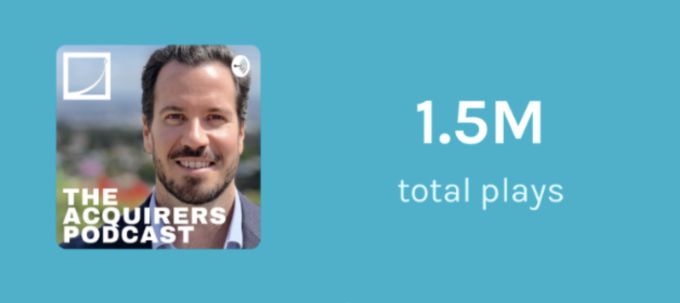During their recent episode of the VALUE: After Hours Podcast, Taylor, Brewster, and Carlisle discussed HeLa Cells. Here’s an excerpt from the episode:
Jake: [chuckles] All right, so 1951, this black woman, mother of five, named Henrietta Lacks visits John Hopkins Hospital. At that time, Johns Hopkins was one of the only places that would do pro bono work for undermoneyed population. She presents with vaginal bleeding and turns out she has a large malignant tumor on her cervix, and they take some samples of her cells and take them to the laboratory. At that time, you didn’t really have to consent to that at all. They just took your cells and did whatever they wanted with them in a scientific purpose. There were doctors that are working at the time who are trying to figure cells out really, like how do they work?
Typically, up until that point, all the cells that they would take would die within a day or two. This woman had something magical about her cells, in that they doubled every 20 to 24 hours. They were just this incredibly fertile, fecund sampling. They ended up taking it and culturing her cells. They’re now called HeLa cells. H-E-L-A, to be for Henrietta Lacks the first two letters of her name. All HeLa cells came from this woman from 1951, and they’ve used them to study– it was a launchpad for cellular research.
1952, they developed the polio vaccine using her cells. 1954, the first cells were cloned were her cells. 1960, they went up in a Soviet satellite. 1984, they used to study HIV. 1989, the telomeres were discovered using her cells. 1993, they studied tuberculosis using her cells. 2005, nanotechnology is used, using these HeLa cells. There’s 11,000 patents that are based on technologies, and medical research that really pivots off of the HeLa cell. Incredibly, her family didn’t know anything about it until much, much later, because they just took these cells, you didn’t need consent, never financially compensated for taking these cells. It ends up into a weird bioethics question about, if they just scrape cells off of you, are those still yours? Are they your property?
Or, is that the property of science or the state? How’s that work? There’ve been different court cases that have tried to make rulings on that. Anyway, 2017, Oprah actually did a movie about Henrietta Lacks. Actually, she played her daughter, who was trying to get some recognition for this huge scientific contribution that this poor black woman made to science and it was never really talked about.
To get into the tortured analogy, part of this that everyone is so fond of. I think we studied her cells, because they were such an outlier. All the other cells that they took from people ended up dying. I think looking at that kind of DNA, it doesn’t mean that you can replicate it. If you injected it into somebody, it doesn’t mean that those cells then would take over, the body would mount some kind of defense against it. I think the similar thing can be said about corporate culture.
We look at these corporate cultures that are incredibly fertile and have these very, very rare properties to them. Then, we think that, “Oh, well, let’s just inject the slide deck from that company into this company. Now, we’re going to have a whole new culture.” I think it’s very misguided. I think, actually, culture is very, very hard to change. Guys, care to chime in there before I keep going?
Bill: Yeah. I do. I’m not sure that that’s underappreciated by the market, because a lot of the companies that have a really good culture trade at a premium, and I argue for a good reason.
Tobias: Or do they trade at a premium because the returns are good, after the fact say that’s because they’ve got a good culture?
Bill: I know, you’re saying it’s double counting.
Tobias: I’m wondering, asking.
Jake: No, he’s wondering– [crosstalk]
Bill: Well, I think one’s an output of the other. I don’t think that Berkshire is not endowed with good returns. That’s actually a pretty hard business to run. Insurance underwriting is nothing that’s inherently great. Then using the float to then recycle that capital into other businesses. I would say that they’re pretty complex entity.
Tobias: See’s Candy.
Jake: [crosstalk] -value growth– [crosstalk]
Bill: Yeah, but dude, that’s just one.
Tobias: You take See’s Candy. See’s Candy, you buy for $27 million, by 2011, it’s thrown off $1 billion, which even if you’re sticking that back into the spy, you look pretty smart.
Bill: I agree that there are some good businesses out there that are so good that anyone can run them. Even Coke was destroyed through bad capital allocation at one point. I don’t think that you can decouple a business from the culture and people running it. I think it’s really hard.
You can find out more about the VALUE: After Hours Podcast here – VALUE: After Hours Podcast. You can also listen to the podcast on your favorite podcast platforms here:
For all the latest news and podcasts, join our free newsletter here.
Don’t forget to check out our FREE Large Cap 1000 – Stock Screener, here at The Acquirer’s Multiple:




